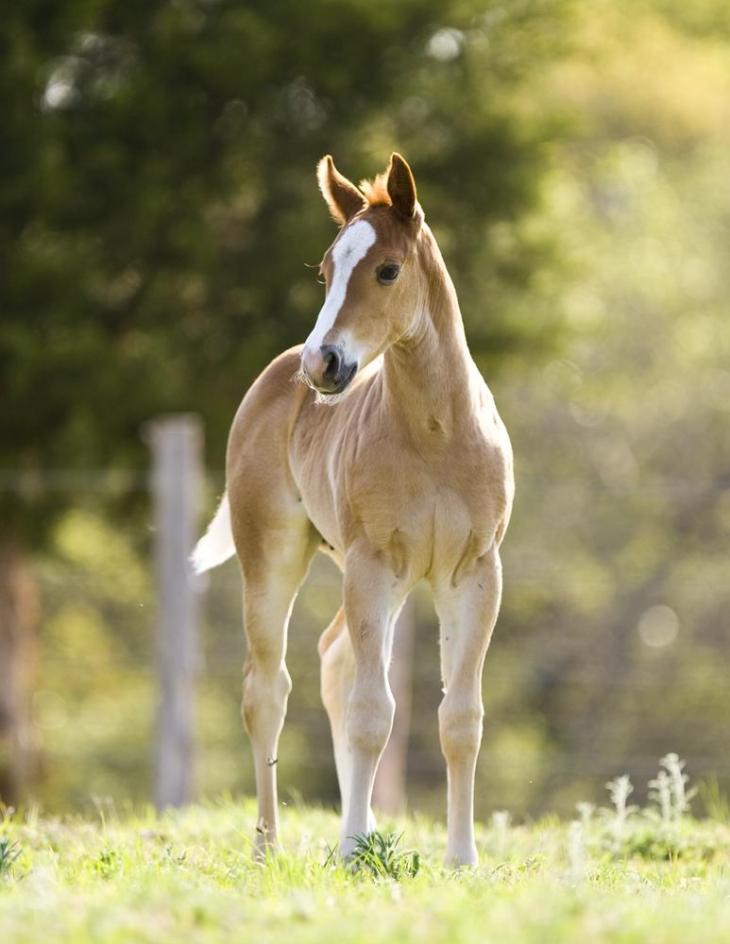
Veterinary Viewpoints: Water consumption and athletes — human and animal
Monday, August 4, 2014
Today we know that water consumption affects performance in human athletes. Whether people are doing weight training, taking a yoga class, or riding the elliptical trainer, water is in the picture. Water is equally important for animal athletes.
Water is essential for body fluid balance and normal function of the equine digestive tract.
A horse at rest in the heat of an Oklahoma summer may consume a minimum of 1 gallon per 100 pounds of body weight. That is a minimum of 11 gallons of water for a 1,100 pound horse.
Equine athletes require supplemental water for performance activities just like people.
The primary method for cooling in the horse is sweating. Water is the basis for sweat. Horses need to restore their body water to prevent dehydration during exercise.
Horses beginning a conditioning or exercise program will sweat more than a fully conditioned athlete. The amount of sweating is also affected by the outside temperature and humidity, and intensity of the exercise. A horse at work may drink substantially more water to balance the losses in sweat.
Horses prefer free-choice access to clean, palatable and cool water. If you rely on a pond or creek, there may be times when access is limited or the palatability is affected.
Pastured horses may benefit from access to a stock tank that is scrubbed clean and refilled a minimum of twice a week. Stock tanks that are refilled without cleaning often grow “slime” around the inside of the tank and may also provide breeding grounds for mosquitoes.
Purchase a stock tank for pastured animals that will be easy to maneuver and clean. Positioning your tank in a shaded area can also be beneficial.
While automatic waterers are a convenience for stabled horses, they do not allow the owner to measure water consumption. Some horses prefer a water bucket over a waterer.
Whenever I am monitoring a sick horse with colic or other disease, I use a bucket to measure their water consumption. As with stock tanks, frequent cleaning of the buckets is necessary to provide tasty water to our horses.
When traveling with your horse, you may find that bringing familiar water from home will encourage your horse to consume its necessary requirement.
Some horse trailers can be outfitted with corner storage tanks for water. If you cannot take the necessary amount of water from home, you may find that “flavoring” the water at home with Gatorade, Jell-O powder or peppermint will allow you to transfer that flavoring to the new water source and ensure your horse will drink.
As a child, I was told ‘never water a hot horse.’ We have discovered that horses need to be offered water throughout the day at a competition. They need to be rehydrated during exertion just like people at the gym.
Getting the maximum performance from horses is affected by training, quality of rider, footing, shoeing, nutrition, saddle fit and a myriad of other factors. To ensure that your performance horse is hydrated for maximum performance, make sure it has access to clean, fresh water.
Story by Elisabeth J. Giedt, DVM
Veterinary Viewpoints is provided by the faculty of the OSU Veterinary Medical Hospital. Certified by the American Animal Hospital Association, the hospital is open to the public providing routine and specialized care for all species and 24-hour emergency care, 365 days a year.
